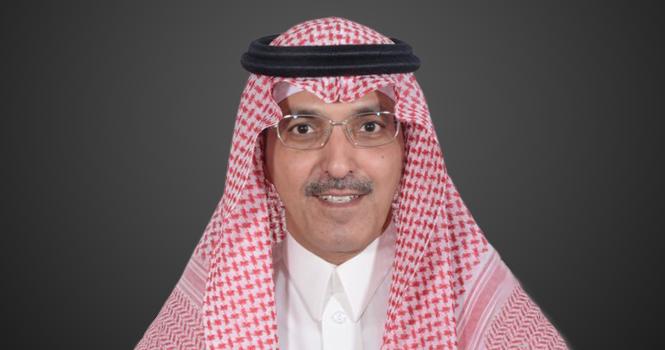
Saudi economy set to record positive growth rates in 2025: Al-Jadaan
Minister of Finance Mohammed Al-Jadaan said he expects the Saudi economy to record positive growth rates during 2025 and in the medium term, thanks to the continued implementation of reforms, strategies and projects under Vision 2030.
Thus, the Kingdom continues to diversify its economic base, strengthen the role of the private sector, in addition to the growth of promising sectors that drive more business opportunities and create jobs in the labor market, he added, in a speech following the release of the Kingdom's re-budget statement.
The Minister also reiterated that the government is continuing with boosting spending directed to basic services for citizens and residents, as well as implementing strategic projects with a focus on enhancing economic growth and achieving sustainable development.
The government is adopting a long-term financial planning methodology to ensure focus on the stability of strategic transformational spending that aims to achieve economic gains and sustainable growth. The public finances are resilient and able to overcome pressures in the medium and long term, according to the Minister.
Al-Jadaan also highlighted the pivotal role of the Public Investment Fund (PIF), the National Development Fund and its affiliated development funds in supporting economic stability.
The positive outlook for the Saudi economy for the year 2025 is an extension of the positive developments in its actual performance in the past years. Initial estimates for 2025 indicate a growth in the real GDP by 4.6%. These positive expectations reflect the Kingdom’s commitment to implementing its ambitious strategies and achieving sustainable development, thus boosting investor confidence and further strengthening the Saudi economy at the regional and international levels, the Minister stated.
"Despite the slowdown in global economic growth, and in light of the ongoing economic challenges and geopolitical risks, the Kingdom has demonstrated robust financial position and resilient economy in face of changes, amid safe levels of government reserves, maintaining public debt within acceptable rates, in addition to a flexible spending policy that helps contain crises that may arise in the future," he added.
The Minister also indicated that the government is continuing to borrow according to the approved annual plan to finance the expected budget deficit and to repay the principal of the debt due in 2025, in addition to capitalizing on market opportunities to implement financing operations, including alternative government financing. He noted that the size of the public debt portfolio is expected to increase in a well-studied manner to ensure the sustainability of debt; as a result of the expansion in spending in order to accelerate the pace of implementing some programs and projects that enable achieving the goals of Vision 2030.



























